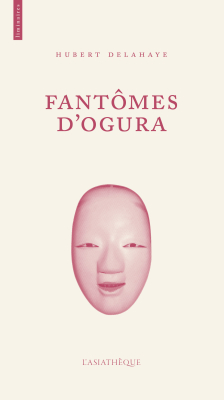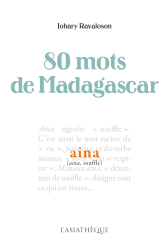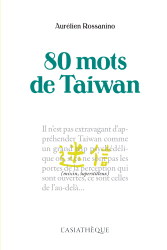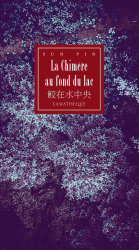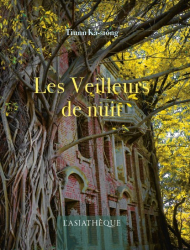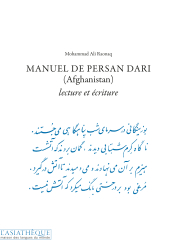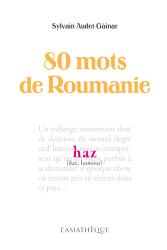Fantômes d'Ogura
"This story is not really a sequel to Lettres d’Ogura. It's more like its "top of the iceberg" or its "dark side of the moon": the old lady is dead, but is she really? She has not become a wandering, unhappy soul, or one of those frightening ghosts that the living imagine. She is still herself, but she has lost her body. She is a subtle spirit who has retained her natural kindness and naivety."
(Hubert Delahaye)
Through the wanderings of the old lady who has become a ghost, we find her in her entirety, and the feeling of peace that comes from reading the book is the same, perhaps heightened by the fact that it evokes a kind of continuity after death.
PRESS REVIEW
(...) A simple yet engaging story that brings us back to or introduces us to Hubert Delahaye's original style. (...)
Hubert Delahaye's delicate pen has lost none of its poetry or lightness to describe this evanescent atmosphere and nostalgia for a world gone forever.
Delicate, tender, sensitive and often close to the heart, “Fantômes d’Ogura” unfurls the range of tastes in people and small things, universal human relationships and the simple pleasures to be found in nature or in observing everyday life, and ends with a subtly brought and beautifully crafted ending.
CONTRIBUTORS' BIOGRAPHIES
Hubert Delahaye

Hubert Delahaye spent his professional life at the Collège de France in the field of sinology. He was attached to the Chair of Social and Intellectual History of China by Jacques Gernet then at the Institutes of the Far East as Lecturer. It was only natural that he was also interested in the neighbors Japanese, these islanders so close to the Chinese and at the same time so different ...
